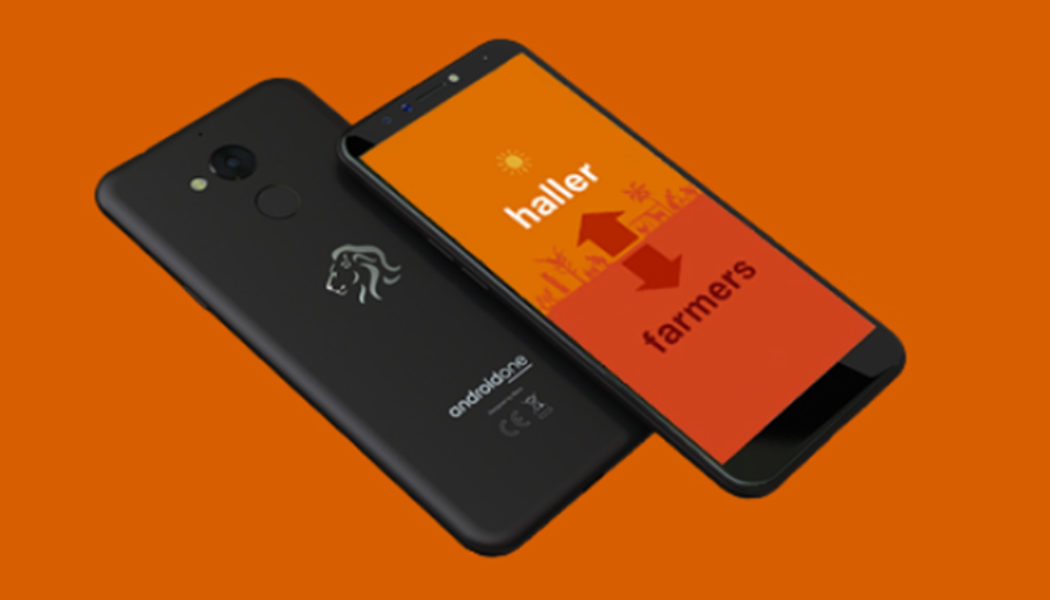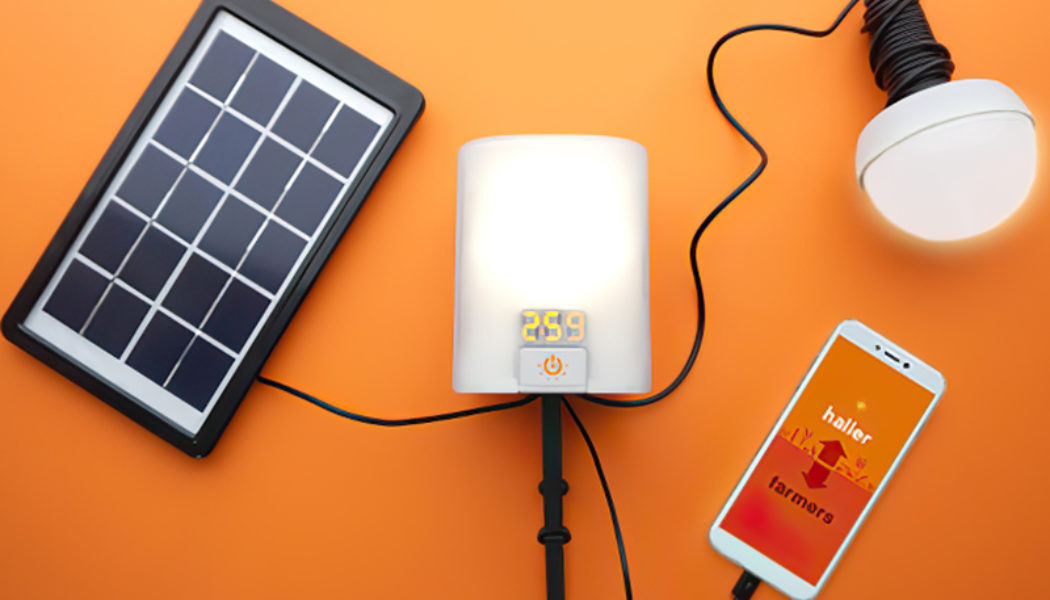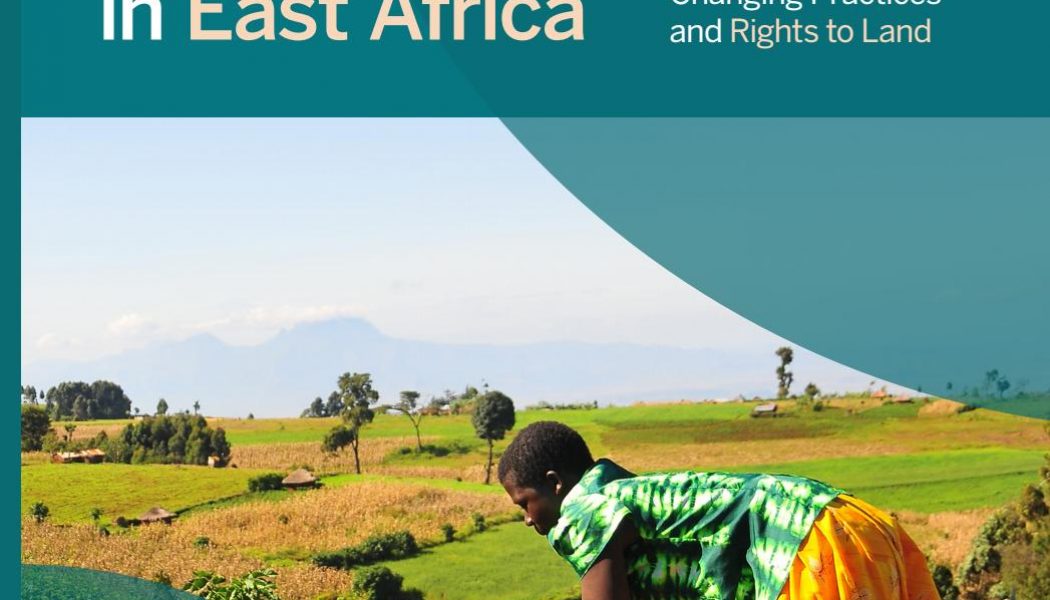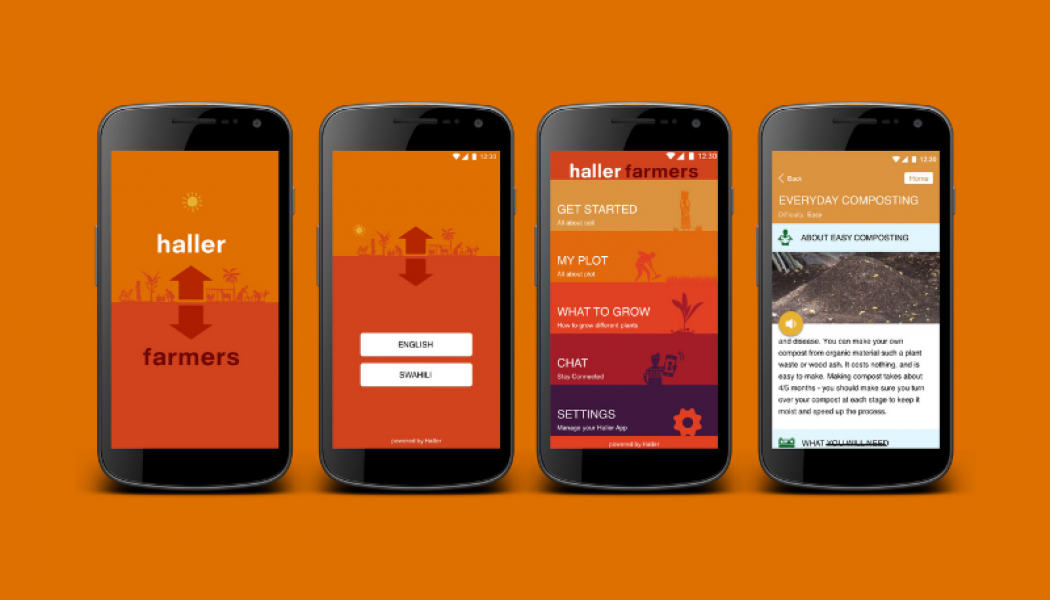Haller Foundation
The Haller Foundation and Mara Phones Boost Accessibility to Mobile Technology Across Rural Africa
Digital transformation has been actively and earnestly accelerated across Africa, with more companies and organisations than ever investing time, money and skills towards the goal. This has been pushed even further by the effects of the worldwide COVID-19 pandemic. According to the World Bank, Sub-Saharan Africa has been hit the hardest by the economic impact of COVID-19, with an estimated 23 million people in the region projected to be pushed into poverty by the pandemic. However, there are regions in Africa that this transformation has struggled to reach due to long histories of extensive digital exclusion from even before the pandemic. In these rural areas, the adoption of digital technologies and devices can make a tangible difference to the communities that inhabit them, especially th...
The Haller Foundation Partners with Deciwatt to Improve Accessibility for Safe Sources of Light and Electricity in Kenya
Deciwatt’s NowLights supply renewable, sustainable energy. The Haller Foundation, a grassroots NGO registered in the UK and based in Kenya, is continuing its efforts to support smallholder farmers in the country through its Partnership with Deciwatt – an organisation and charity that provides sustainable, low-cost, low-energy lighting and electricity to rural communities across the globe. To aid the Haller Foundation’s efforts in supporting and enriching the lives of smallholder farmers in rural areas in Kenya, Deciwatt supplied 12 sustainable NowLights to the Foundation in support of the re-launching of the Haller Foundation’s award-winning Haller Farmers App. “We’re really excited to be building on our existing relationship with The Haller Foundation, where we supplied Gravity Ligh...
Why Mobile Technology is Important to Rural African Communities
/* custom css */ .tdi_3_066.td-a-rec-img{ text-align: left; }.tdi_3_066.td-a-rec-img img{ margin: 0 auto 0 0; } Mobile technology is at the heart of Africa’s digital journey thanks to its ability to provide communities with improved work and economic improvements. A great example of how access to online resources is The Haller Foundation’s award-winning mobile app — Haller Farmers. To unpack this further, IT News Africa’s Jenna Delport spoke to Joseph Baraka, Community Project Coordinator at the Haller Foundation in Kenya. Here’s what transpired: Africa faces one of the biggest digital divides in the world — with that in mind, how does access to mobile technology allow rural communities to thrive in an increasingly innovative era? The use of mobile phones has increased drastically in...
Haller Farmers: Restoring African Land for Over 50 Years
The Haller Farmers app is taking advantage of Africa’s increasing mobile penetration by equipping the next generation of farmers with knowledge, information and education through technology. The app — which was developed for farmers by farmers — takes its unique name from UNEP Global 500 Laureate, Dr Rene Haller, who has spent the last 50 years experimenting with nature to restore life to degraded landscapes. Since the 1970s, Dr Haller has used science and careful observation to allow barren quarried landscapes to be transformed into abundant and diverse forest ecosystems, sanctuaries for endangered species, and resources for local African communities. An example of this is Haller Park, a former limestone quarry that is now a flourishing hub of biodiversity. The 7km² landscape is curr...
What is the Haller App and How is it Assisting Farmers in Africa
Across Africa, unsustainable farming practices combined with climate change have exhausted the soil — leaving much of the ground unfarmable. In addition to the growing lack of arable land, agricultural knowledge and education have proven to be in short supply. With this in mind, the Haller Foundation — a UK based charity and Kenyan NGO — devised a plan to provide farmers across the continent with the information, skills and infrastructure they need to thrive through an award-winning mobile app. The Haller Farmers app leverages the increasing availability of mobile connectivity in Africa to promote viable farming techniques needed to maximise food production and help build thriving, self-sustaining communities. Initially launched in 2014 and redeveloped as a native, downloadable app in 2020...
Why Access to Technology is Critical for Farmers in Africa
The African continent is home to an estimated 65% of the world’s uncultivated arable land, an abundance of fresh water and about 300 days of sunshine each year, according to the World Economic Forum. However, the reality is that the agriculture industry is mostly made up of the older African generation — who often discourage their children from working with the land. So despite seemingly ideal farming conditions, African nations spend close to $65 billion importing food — a number that is expected to grow exponentially within the next decade. The African Development Bank (ABD) believes that this is unsustainable and unaffordable — noting that the secret to the continent’s economic viability and growth is to equip farmers, as well as the next-generation, with training, advice an...







